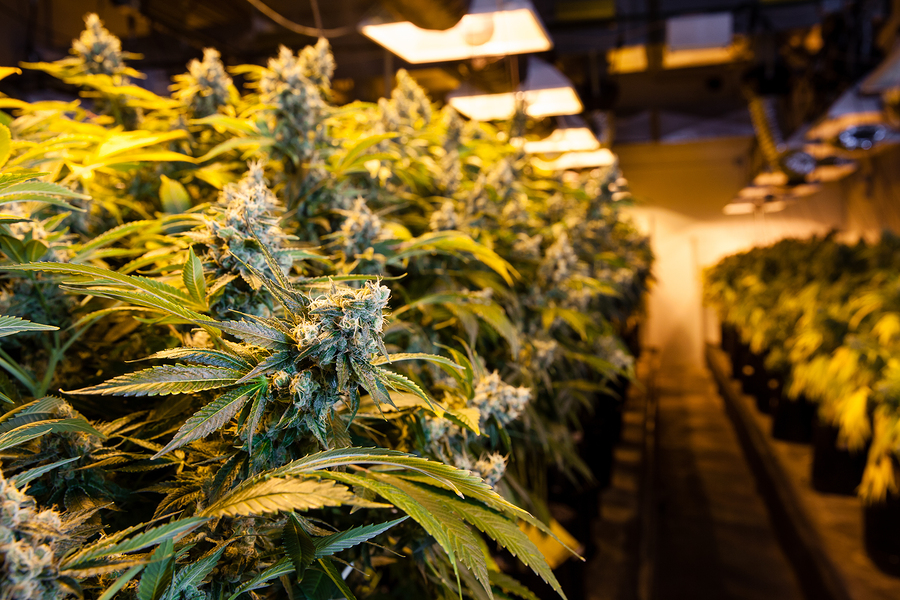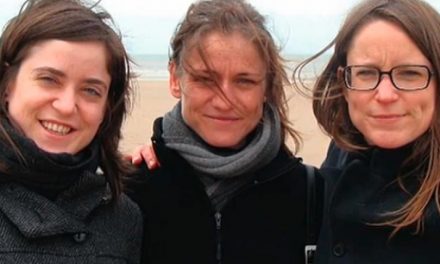Portugal’s 2000 decision to decriminalize drugs was world changing, not only for Portugal but the globe as a whole. Drug use did not increase, as many anticipated, but, instead, decreased in a huge way.
The law took effect in 2001, in which there were 80 overdose deaths throughout the country. By 2012, there were only 16. New cases of HIV dropped from 1,016 to only 56 in 2012 and the current drug-induced death rate is three per every million residents (compared to the average EU death rate of 17.3 per million).
“We had a lot of criticism at first,” recalled Goulão, a physician specializing in addiction treatment whose work led Portugal to reform its drug laws in 2000, and who is today its national drug coordinator. “Now things have changed completely. We are pointed to as an example of best practices inside the spirit of the conventions.”
The idea and practice of not arresting anyone found holding what’s considered less than a 10-day supply of an illicit drug has been incredibly successful. Anything less than a gram of heroin, ecstasy, or amphetamine, two grams of cocaine, or 25 grams of cannabis will receive a citation to come to a “dissuasion panels” made up of legal, social, and psychological experts. Most of these cases are later suspended. Repeat offenders end up getting counseling and opiate substitution therapy.
The fear of being arrested has been lifted off of the drug-addicted culture and people seek treatment readily.
“I think harm reduction is not giving up on people,” said Goulão. “I think it is respecting their timings and assuming that even if someone is still using drugs, that person deserves the investment of the state in order to have a better and longer life.”
*Article originally appeared on Minds.












